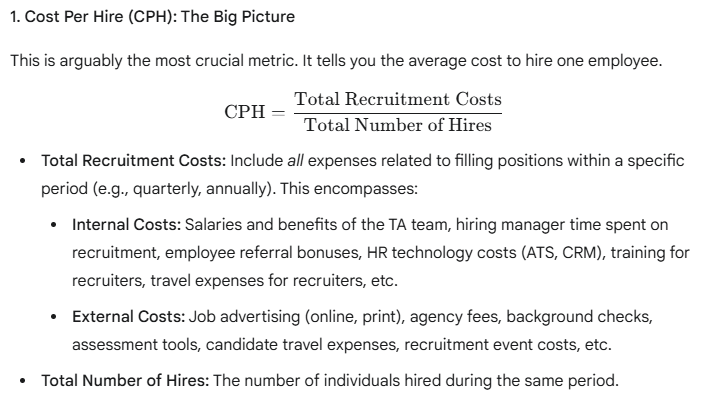What is DEI or DEIB?
- AZ Occupancy Solutions

- Jan 31
- 3 min read
Updated: Feb 8

Defining DEI(B)
Diversity, Equity, Inclusion, and Belonging (DEI(B)) are fundamental principles that aim to create fair and inclusive workplaces. Each component of DEI(B) plays a distinct role in shaping an organization's culture and success:
Diversity refers to the presence of differences within a given setting, including race, gender, age, ethnicity, sexual orientation, disability, and socioeconomic background.
Equity ensures that all individuals have access to the same opportunities by addressing and correcting imbalances and systemic barriers.
Inclusion focuses on creating an environment where all individuals feel valued, respected, and empowered to contribute.
Belonging extends beyond inclusion by fostering a sense of acceptance and emotional connection, ensuring employees feel truly integrated into the workplace culture.
When implemented effectively, DEI(B) can drive organizational success by promoting diverse perspectives, fostering innovation, and improving employee engagement. However, if poorly executed, it can create unintended challenges.
How DEI(B) can have a positive impact an organization
A well-executed DEI(B) strategy offers numerous benefits to an organization. First, a diverse workforce brings together individuals with different experiences, ideas, and problem-solving approaches, fostering innovation and creativity. Studies have shown that companies with diverse leadership teams are more likely to outperform competitors in profitability and decision-making.
Additionally, equity and inclusion contribute to higher employee satisfaction and retention. When employees feel valued and supported, they are more engaged, productive, and committed to their work. A culture of belonging also enhances teamwork and collaboration, reducing workplace conflicts and fostering a positive work environment.
From a financial perspective, organizations that prioritize DEI(B) can expand their market reach by appealing to a broader customer base. Consumers are increasingly aligning themselves with brands that reflect their values, making diversity and inclusion key factors in brand reputation and customer loyalty.
How DEI(B) can have an adverse impact on an organization
Despite its benefits, DEI(B) initiatives can have unintended negative consequences if not implemented thoughtfully. One potential challenge is resistance from employees or leadership who may perceive DEI(B) efforts as forced, performative, or unfair. When diversity programs are poorly communicated or lack transparency, they can lead to skepticism, disengagement, or even resentment among staff.
Another risk is tokenism, where diversity efforts become a mere checkbox rather than meaningful change. If an organization hires diverse employees but fails to create an inclusive culture where they can thrive, these individuals may feel isolated or undervalued, leading to high turnover.
Additionally, DEI(B) programs that focus too heavily on demographic quotas without considering qualifications and cultural fit can negatively impact hiring decisions. A shift away from merit-based hiring can create concerns about fairness and efficiency, which can erode trust in leadership and harm team morale.
Finally, poorly managed DEI(B) efforts can lead to legal and reputational risks. If policies are implemented in a way that appears discriminatory or exclusionary to certain groups, organizations may face backlash, lawsuits, or public relations crises.
Conclusion
Diversity, Equity, Inclusion, and Belonging (DEI(B)) are essential elements of a modern, progressive workplace. Simply having DEI(B) policies in place is not enough; organizations must cultivate an environment where all employees feel valued, respected, and included. A Pew Research Center survey indicates that 56% of employed U.S. adults view a focus on DEI at work as beneficial. However, only a small proportion place significant importance on diversity within their own workplaces. Simply having DEI(B) policies in place is not enough; organizations must cultivate an environment where all employees feel valued, respected, and included. By striking a balance between intentionality and inclusivity, companies can harness the true power of DEI(B) while mitigating its potential challenges.



![[Unpopular?] Opinion: How Hybrid Work Drives Employee Retention and Your Bottom Line](https://static.wixstatic.com/media/11062b_6b6731dd6eaf49fc9d8b9eee565ce14e~mv2.jpeg/v1/fill/w_980,h_653,al_c,q_85,usm_0.66_1.00_0.01,enc_avif,quality_auto/11062b_6b6731dd6eaf49fc9d8b9eee565ce14e~mv2.jpeg)

Comments